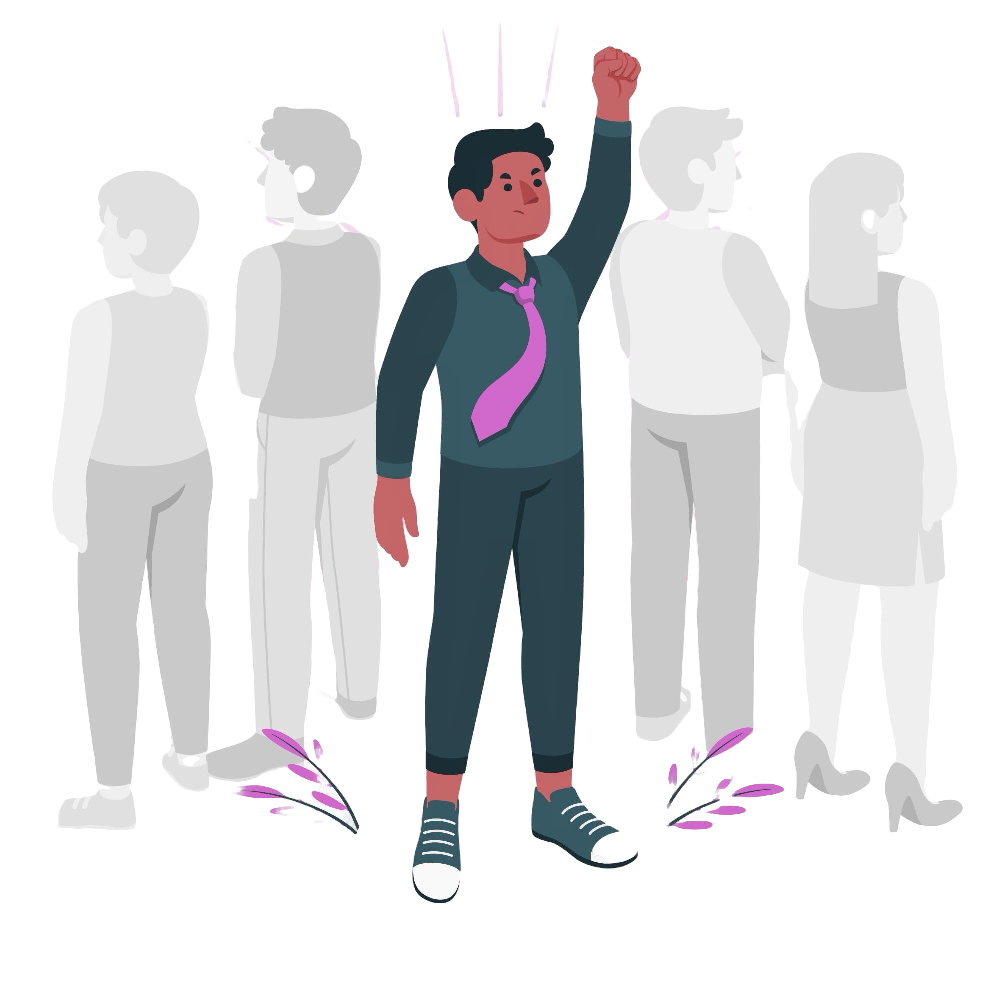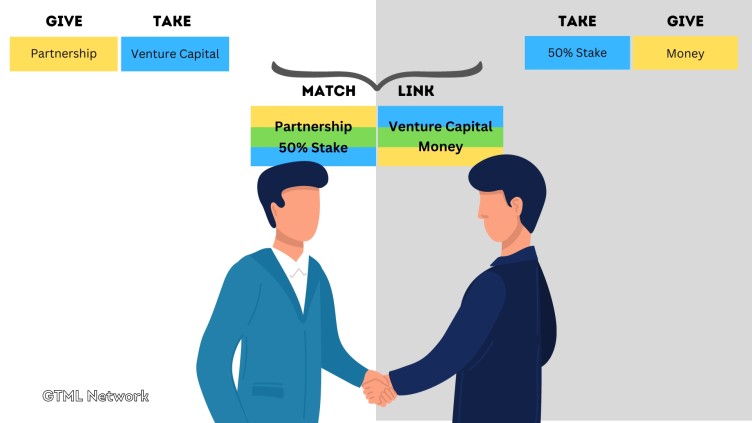
Table of Contents
Do you ever wonder what makes some people successful and unstoppable while others struggle to achieve their goals? Do you feel that you are weak and slow than others you see so much successful? Well, it all comes down to the power they do possess. Power is the ability to influence or control people, situations, and outcomes. If the law of ancient life has demonstrated the survival of the fittest, then the law of modern life suggests the success of the strongest. Strenth is a crucial component of success, as those who possess power can leverage it to achieve their goals and fulfill their potential. The ones who are weak are like living dead. They eat, earn, and again eat, and the cycle keeps on till their death. They are stuck in their life with dreams but no means to achieve them. This concept of power has been discussed and debated for centuries, and many philosophers, psychologists, and leaders have tried to understand the different types of power that exist in the human civilisation. Here, in this post, I have tried to pen them in categories, however, the domain of each of these categories is so deep that it is impractical to describe all of them in a single post or even a book. I think I have covered the most, but it would be pleasure if you add more some more to this. Each type of these powers can help you become unstoppable in your pursuit of success. And I suggest to have at least 3 out of them to become unstoppable like Lucy, well in non fiction though.
1. Intellectual Power
Intellectual power refers to the knowledge, skills, and expertise you have in a particular field. It is the power that comes from your ability to think critically, analyze complex problems, and come up with innovative solutions. Intellectual power is essential if you want to succeed in your career or business. It is the power that sets you apart from your competitors and makes you an expert in your field. It is a valuable asset in many fields, including academia, research, and busiTo develop intellectual power, you need to invest time in learning, reading, and expanding your knowledge base. This can include attending workshops, conferences, or training programs to improve your skills. It can also involve seeking out mentors, coaches, or advisors who can help you navigate the challenges of your industry. Intellectual power is not something that can be gained overnight; it requires continuous learning and self-improvement. Intellectual power is often associated with academic achievement and qualifications. However, it goes beyond mere qualifications and credentials. Intellectual power is about understanding complex concepts, analyzing information, and solving problems. It requires critical thinking, creativity, and innovation. One of the best ways to develop intellectual power is to be curious. Ask questions, seek answers, and explore new ideas. To develop intellectual power, you need to cultivate a curious and open-minded attitude towards learning. You should be willing to explore new ideas, question assumptions, and challenge the status quo. You should also seek feedback from others and be willing to learn from your mistakes. Read widely, watch documentaries, and engage in intellectual debates. Challenge yourself to learn something new every day, and you will be on your way to developing intellectual power. Intellectual power can make you unstoppable by giving you the tools and abilities to solve problems, innovate, and create new ideas. With this power, you can lead teams, make strategic decisions, and achieve your goals more effectively. Another way to develop intellectual power is to pursue further education and training. This could involve attending conferences, workshops, and seminars, or enrolling in online courses. You should also seek out mentors and experts in your field who can guide you and provide you with valuable insights and perspectives.
2. Physical Power
Physical power refers to your physical strength, agility, and endurance. You cannot be productive, efficient, and effective in your work or personal life if you are weak and fatigued. When you have physical power, you feel enthusiastic, confident and capable of taking on any challenge. Physical power can make you unstoppable by giving you the strength and endurance to overcome mental challenges and achieve your goals. With this power, you can compete at a high level, push yourself to new limits, and inspire others to follow your example. Physical power is not just about looking good or feeling good. It is about having the energy and stamina to perform at your best. It is also about developing resilience and toughness to overcome obstacles and setbacks. To develop physical power, you need to maintain good health and fitness levels. This can involve regular exercise, a healthy diet, and adequate rest. You can engage in activities such as weightlifting, running, swimming, or martial arts. The key is to find a physical activity that you enjoy and that challenges you. Additionally, you should avoid unhealthy habits such as frequent fapping, smoking, drinking and sedentary lifestyle. Physical power also requires mental discipline. In fact, physical and emotional power goes hand in hand. If you are emotionally weak, you cannot feel strength physically. If you are physically weak, then too you cannot be emotionally strong. You need to push yourself to go beyond your comfort zone and develop mental toughness. This can involve setting goals, tracking your progress, and overcoming obstacles. In addition to exercise and mental toughness, you should also pay attention to your posture and body language. Good posture conveys confidence and authority, while poor posture can make you appear weak and insecure. You should practice breathing exercises and relaxation techniques to manage stress and anxiety.
3. Emotional Power
Emotional power refers to your ability to control your emotions and manage your feelings. It is the power that comes from your emotional intelligence and resilience. When you have emotional power, you are less likely to be affected by negative emotions such as anger, fear, or frustration. You can maintain your composure in stressful situations and make rational decisions. Developing emotional power requires self-awareness, mindfulness, and emotional intelligence. You need to be able to recognize your own emotions and those of others. This can involve practicing meditation, journaling, or seeking the help of a therapist or coach. Emotional power also requires empathy, the ability to understand and relate to the emotions of others. To develop emotional power, you need to cultivate positive emotions such as gratitude, joy, and love. This can involve practicing acts of kindness, spending time with loved ones, or engaging in activities that bring you joy. When you have emotional power, you feel more confident, resilient, and adaptable. Emotional power refers to your ability to control your emotions and manage your feelings. When you have emotional power, you are less likely to be affected by negative emotions such as anger, fear, or frustration. You can maintain your composure in stressful situations and make rational decisions. Developing emotional power requires self-awareness, mindfulness, and emotional intelligence. Emotional power is often associated with mental toughness and resilience. It is about having the ability to bounce back from adversity and maintain a positive outlook in the face of challenges. Emotional power is also about being empathetic and compassionate towards others. To develop emotional power, you need to cultivate self-awareness. This means being aware of your thoughts, Emotional power refers to the ability to control and express your emotions in a healthy and constructive way. This type of power is based on emotional intelligence, self-awareness, and empathy. Emotional power is essential for leaders, counselors, and anyone who needs to interact with others in a meaningful way. To develop your emotional power, you should focus on improving your emotional intelligence by identifying and managing your emotions. You can practice self-reflection, mindfulness, and journaling to better understand your thoughts and feelings. Additionally, you can develop empathy by listening actively, showing compassion, and understanding others’ perspectives. Emotional power can make you unstoppable by giving you the ability to connect with others, build relationships, and inspire trust and loyalty. With this power, you can lead teams, negotiate effectively, and navigate complex interpersonal dynamics.
4. Social Power
Social power refers to the influence you have over others. It is the power that comes from your ability to build relationships, connect with others, and influence their behavior. This type of power is essential if you want to lead a team, negotiate with clients or partners, or build relationships. Social power refers to the ability to influence others through social connections, status, and reputation. This type of power is based on social skills, charisma, and social capital. Social power is essential for politicians, celebrities, and anyone who needs to build a strong network of contacts. To develop your social power, you should focus on building relationships, networking, and improving your social skills. You can attend social events, join clubs or organizations, and connect with others through social media. Additionally, you should work on developing your charisma by being confident, articulate, and engaging.
Social power can make you unstoppable by giving you the ability to connect with influential people, build alliances, and leverage social capital to achieve your goals. With this power, you can become a respected leader, a successful entrepreneur, or a trusted advisor.
5. Power by Position
Power by position refers to the ability to influence others through formal authority, such as a manager, CEO, or elected official. To develop your power by position, you should focus on building your leadership skills, developing a clear vision, and fostering a culture of respect and accountability. You can attend leadership training programs, seek mentorship from experienced leaders, and practice effective communication and delegation. Additionally, you should work on building a strong team that shares your vision and is committed to achieving your goals. Power by position can make you unstoppable by giving you the authority and resources to implement your vision, make strategic decisions, and achieve your goals. With this power, you can lead your organization to success, drive innovation, and inspire your team to reach their full potential.
6. Power by Wealth
Power by wealth refers to the ability to influence others through financial resources and economic power. This type of power is based on access to financial capital, investments, and assets. Power by wealth is essential for investors, entrepreneurs, and anyone who needs to make strategic financial decisions. To develop your power by wealth, you should focus on building your financial literacy, investing wisely, and building a strong network of advisors and experts. You can attend financial education programs, read financial publications, and consult with financial advisors to make informed decisions. Additionally, you should work on building a diversified portfolio of assets, such as stocks, bonds, real estate, and businesses. Power by wealth can make you unstoppable by giving you the ability to invest in new ventures, fund innovative projects, and create new opportunities for yourself and others. With this power, you can achieve financial independence, create generational wealth, and make a positive impact on society.
Action Item
To master in this topic, read the following books in the next three months.




